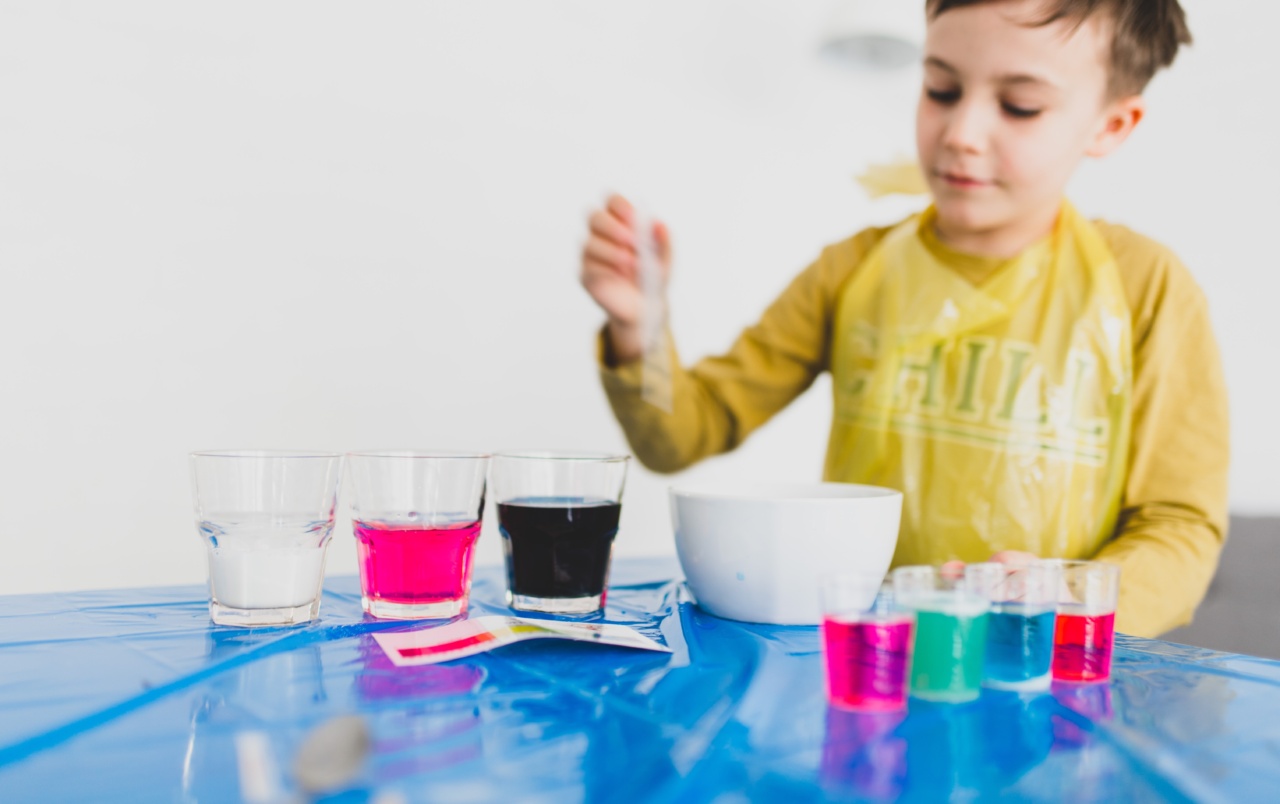As a parent or caregiver, it’s important to educate yourself on when it’s okay for children and teens to experiment with alcohol.
Different age groups have different legal restrictions and guidelines, and understanding these can help you set appropriate boundaries and prevent potential harm.
Underage Drinking: A National Problem
Underage drinking is a major problem in the United States, with approximately 10 million youth aged 12-20 reporting that they have consumed alcohol in the past month.
This number may seem staggering, but it’s important to understand some of the factors that contribute to it:.
- Peer Pressure – Adolescents are often heavily influenced by their peers and can feel the urge to conform to social norms and expectations.
- Mental Health – Youth with anxiety, depression, and other mental health disorders are at a higher risk of engaging in underage drinking.
- Poor Parental Communication – Children and teens who don’t feel comfortable or safe talking to their parents about alcohol and other drugs may be more likely to experiment on their own.
Laws and Guidelines for Different Age Groups
Laws and guidelines regarding the use of alcohol vary by state and can be complicated to navigate. However, it’s essential to understand the basic restrictions for different age groups:.
Under 21
In the United States, it is illegal for anyone under the age of 21 to purchase or consume alcohol. Violating this law can result in fines, community service, and even jail time.
However, parents or guardians are allowed to serve alcohol to their own child in a private setting, such as at home. If your child is under 21 and you’re considering allowing them to have a drink, it’s essential to set clear boundaries and monitor their behavior to ensure their safety.
21-25
Once a person turns 21, they are legally allowed to purchase and consume alcohol. However, it’s important to understand that excessive drinking can lead to health problems, addiction, and risky behavior.
It’s also illegal to drink and drive, regardless of age. If you know someone in this age range who you suspect may be struggling with alcohol abuse, it’s essential to seek professional help and support.
Over 25
There are no legal restrictions on the consumption of alcohol for people over the age of 25. However, excessive drinking can still cause harm to the body and mind, and it’s essential to practice responsible drinking habits.
When Should Parents Talk to Their Children About Alcohol?
It’s never too early for parents to talk to their children about the potential risks and consequences of alcohol use. As children grow and reach different milestones, these conversations should continue and become more detailed.
Here are some recommendations for when to start these discussions:.
Elementary School
Children as young as six years old can benefit from learning about the dangers of alcohol and other drugs.
Parents can begin these conversations by stressing the importance of making healthy choices and discussing the negative effects of substance abuse.
Middle School
By middle school, children are exposed to more peer pressure and social norms around drug and alcohol use. Parents can discuss the risks of underage drinking and the legal consequences of breaking the law.
It’s also essential to monitor your child’s behavior and communicate regularly about their experiences and feelings.
High School
High school is often a time when teenagers experiment with alcohol and other drugs. It’s essential for parents to set clear limits and expectations regarding substance use and to be receptive to their child’s thoughts and concerns.
Parents should also establish trust and open lines of communication to encourage their child to come to them if they face challenges or need support.
Conclusion
Underage drinking is a significant problem in the United States, but parents and caregivers can play a critical role in preventing it.
By understanding the different legal restrictions and guidelines for different age groups and starting conversations about alcohol and drug use at a young age, parents can help their children make healthy choices and avoid harmful behavior.































